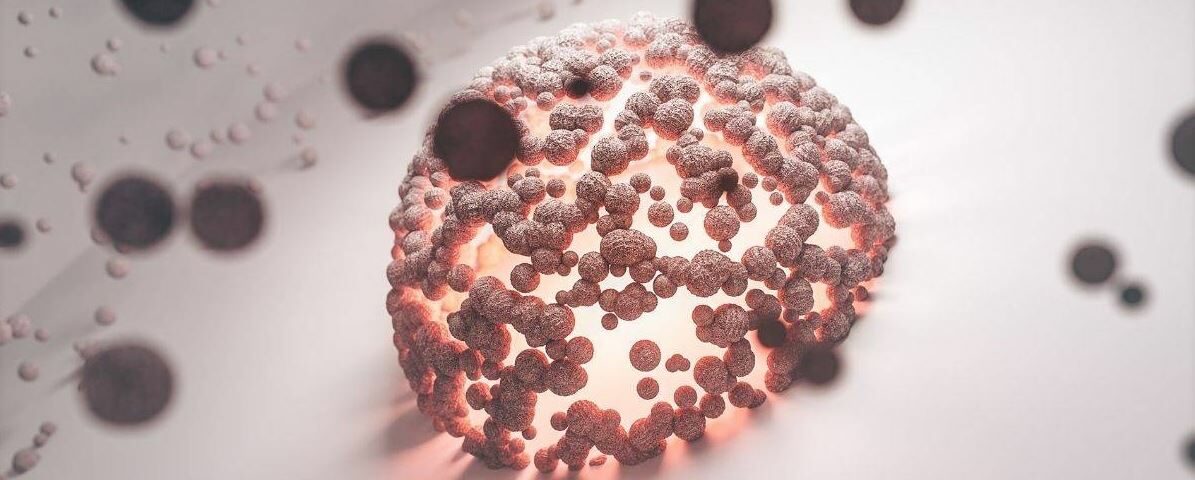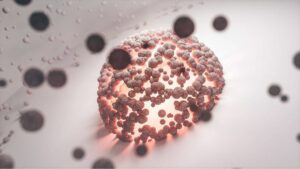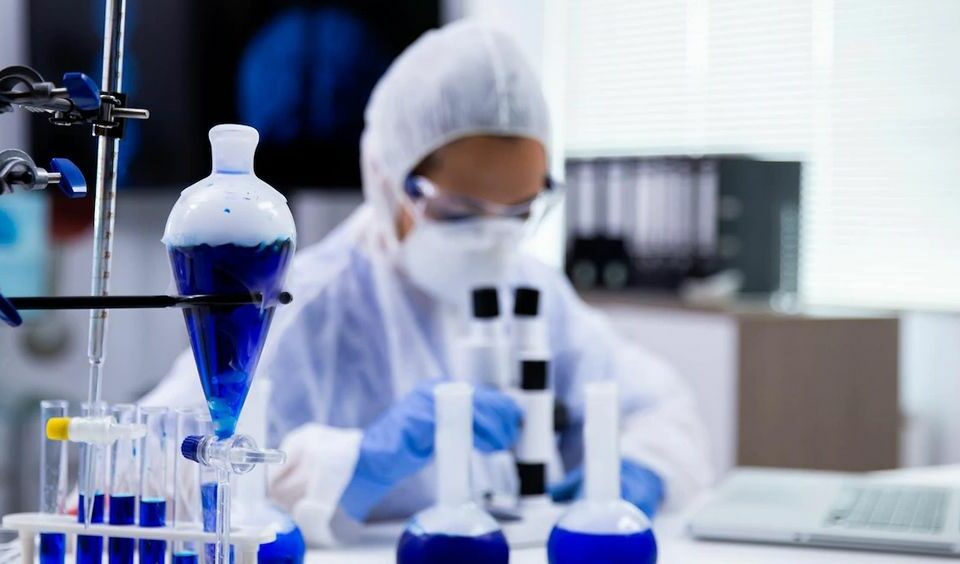A study of stem cells opens the door to regenerating the brain after a stroke

A team from the University of Zurich demonstrates in mice that neural stem cell transplantation regenerates neurons, restores motor functions and opens up a path of hope for future clinical trials in people with stroke.

consalud.es
Researchers at the University of Zurich suggest that stem cell transplants can reverse the damage caused by a stroke. Among their positive effects are the regeneration of neurons and the recovery of motor functions, representing a breakthrough in the treatment of brain disorders.
According to the data, one in four adults experiences a stroke during their lifetime, causing approximately half of them to suffer permanent sequelae, such as paralysis or speech problems, as internal bleeding or lack of oxygen irreversibly destroys brain cells. Currently, there are no therapies that repair this type of injury. ‘That is why it is essential to seek new therapeutic approaches for possible brain regeneration after illness or accidents,’ says Christian Tackenberg, scientific director of the Neurodegeneration Group Division at the Institute for Regenerative Medicine at the University of Zurich (UZH).
‘It is essential to seek new therapeutic approaches for possible brain regeneration after illness or accidents.’
Neural stem cells have the ability to regenerate brain tissue, as clearly demonstrated by a team led by Tackenberg and postdoctoral researcher Rebecca Weber in two studies conducted in collaboration with a group headed by Ruslan Rust of the University of Southern California. ‘Our findings show that neural stem cells not only form new neurons, but also induce other regeneration processes,’ says Tackenberg.
NEW NEURONS FROM STEM CELLS
The studies used human neural stem cells, from which different types of nervous system cells can be formed. The stem cells were obtained from induced pluripotent stem cells, which in turn can be made from normal human somatic cells.
For their research, the researchers induced a permanent stroke in mice, whose characteristics closely resemble the manifestation of a stroke in humans. The animals were genetically modified so that they would not reject the human stem cells.
One week after inducing the stroke, the research team transplanted neural stem cells into the injured brain region and observed the subsequent development using various imaging and biochemical methods. ‘We found that the stem cells survived throughout the five-week analysis period and that most of them transformed into neurons, which even communicated with existing brain cells,’ says Tackenberg.
THE BRAIN REGENERATES ITSELF
The researchers also found other markers of regeneration: new blood vessel formation, attenuation of inflammatory response processes, and improved blood-brain barrier integrity. ‘Our analysis goes far beyond the scope of other studies, which focused on the immediate effects after transplantation,’ explains Tackenberg. Fortunately, stem cell transplantation in mice also reversed the motor deficits caused by stroke. Proof of this was provided, in part, by an artificial intelligence-assisted analysis of the mice’s gait.
‘We need to minimise the risks and simplify potential application in humans.’
When designing the studies, Tackenberg already had clinical applications in humans in mind. For this reason, for example, the stem cells were manufactured without using animal-derived reagents. The Zurich-based research team developed a defined protocol for this purpose in collaboration with the Centre for iPS Cell Research and Application (CiRA) at Kyoto University. This is important for potential therapeutic applications in humans. Another new finding was that stem cell transplantation works best when it is not performed immediately after a stroke, but one week later, as verified by the second study. In the clinical setting, this time window could greatly facilitate the preparation and application of the therapy.
Despite the encouraging results of the studies, Tackenberg warns that there is still work to be done. ‘We need to minimise the risks and simplify a possible application in humans,’ he says. Tackenberg’s group, again in collaboration with Ruslan Rust, is currently working on a kind of safety switch system that prevents the uncontrolled growth of stem cells in the brain. The administration of stem cells via endovascular injection is also being developed, which would be much more practical than a brain graft. According to Tackenberg, the first clinical trials with induced stem cells to treat Parkinson’s disease in humans are already underway in Japan. ‘Stroke could be one of the next diseases for which a clinical trial is possible.’





